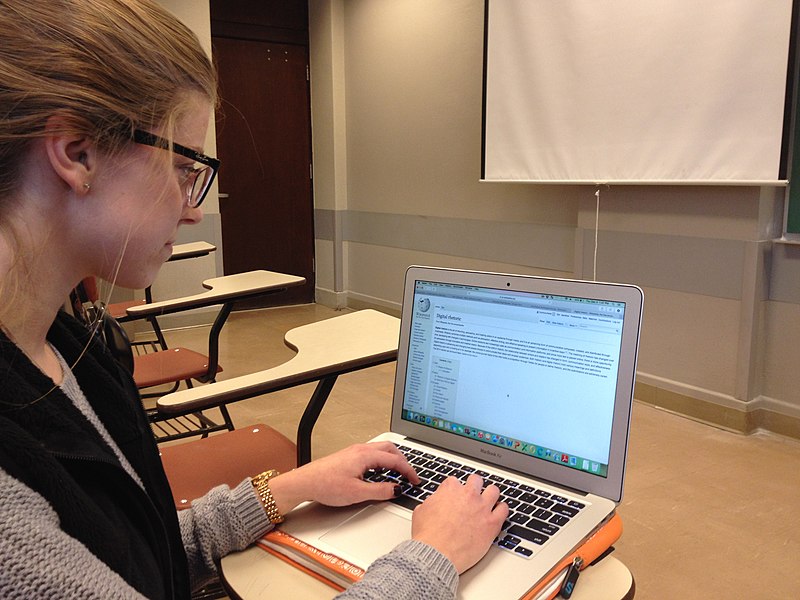
More than half of full-time students in the UK are working extensive hours in paid jobs to support themselves during university, spending nearly two days a week in
employment during term time due to the cost of living crisis.
A survey of 10,000 full-time UK undergraduates by the Higher Education Policy Institute (HEPI) revealed that a record 56% had paid jobs while studying, working an average of 14.5 hours per week.
Experts warn that the lack of maintenance support is creating a two-tier higher education system. This divide separates students who must work long hours to survive from their wealthier peers who can focus solely on their studies and improve their grades.
When combining their jobs with attending lectures, classes, and other study activities, these working students average 48-hour weeks during term time, with some reaching 56-hour weeks. This is significantly higher than the average 36.6 hours worked by adults in full-time jobs, according to the Office for National Statistics.
Rose Stephenson, HEPI’s director of policy, stated that the traditional model of full-time study away from home is becoming unattainable unless student maintenance support is improved. Stephenson said, "As students battle the cost of living, the trend around part-time work becomes more concerning. Most students work, and the number of hours they work is increasing. If this trend continues, full-time study may become unfeasible for many."
The cost of living crisis has dramatically increased the proportion of students balancing paid employment with full-time study. Before 2021, around two-thirds of students did not have paid jobs during term time. This year, 56% reported having paid employment and working longer hours than students in previous years.
Three-quarters of working students said they needed the income to cover living costs, while 23% also worked to financially support friends or family. "For a lot of students, paid employment isn’t a choice; it’s something they have to do," Stephenson added.
Students in intensive courses like veterinary studies and dentistry are averaging 56-hour weeks combining study and work, while 80% of students who had been in care are working part-time jobs.
Nick Hillman, HEPI’s director, said many working students are now in the "danger zone" identified by previous research, facing higher drop-out rates and reduced chances of achieving first-class degrees. "I think this is already a problem," Hillman said, noting a growing divide between undergraduates who can afford the traditional university experience, including extracurricular activities and sports, and those who must prioritize paid work.
Students working part-time are also more likely to use artificial intelligence (AI) programs and view their lectures online. Among those without paid work, a third said they couldn’t find a suitable job, and only 23% said they did not need to work.
The National Union of Students (NUS) reported that the proportion of students using food banks has doubled as the cost of living crisis worsened. In the 2023-24 academic year, 14% of students told the NUS they had used a food bank, compared with 7% in 2021-22.
Chloe Field, the NUS’s vice-president for higher education, said, "Not only are students cutting back on food, they are working almost full-time on top of already full-time studies, leaving them exhausted and unable to commit proper time and energy to our studies. The effects of the chronic underfunding of students are complex, but the solutions are simple: reintroduce maintenance grants that meet the true cost of living, increase maintenance loans, and make students eligible for universal credit."
Hillman pointed out that undergraduates are now spending more time on their studies each week than when the survey first began in 2016, dispelling the myth that students are "snowflakes." Despite the additional workload, 39% of students said their course was good value for money, with satisfaction levels rebounding from the lows seen during the COVID-19 pandemic.
Only 26% of students said their course was poor value for money, the lowest proportion in a decade. HEPI attributes this improvement to higher satisfaction among international students.
Hillman, a former special adviser to Conservative higher education ministers, criticized the Conservative party’s manifesto promise to close "low-value" university courses in England and redirect students to apprenticeships, calling it "nuts, for so many reasons." Photo by Courtcourtwest, Wikimedia commons.


































